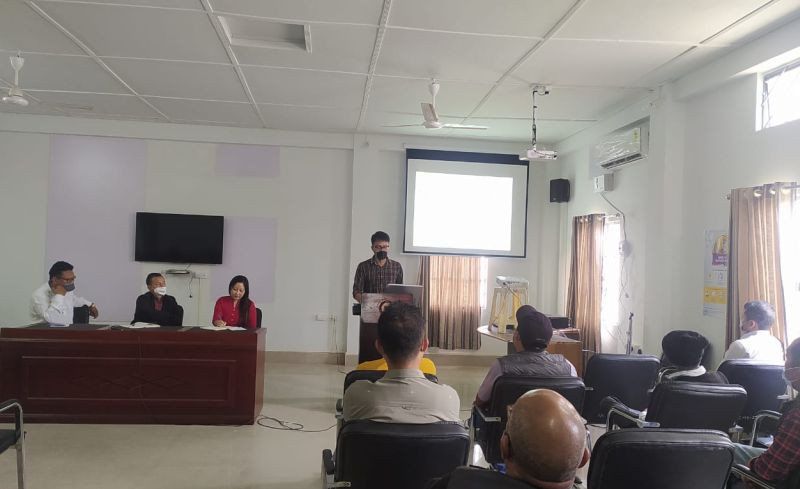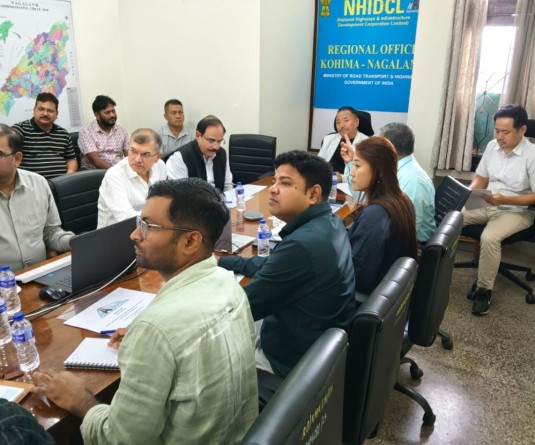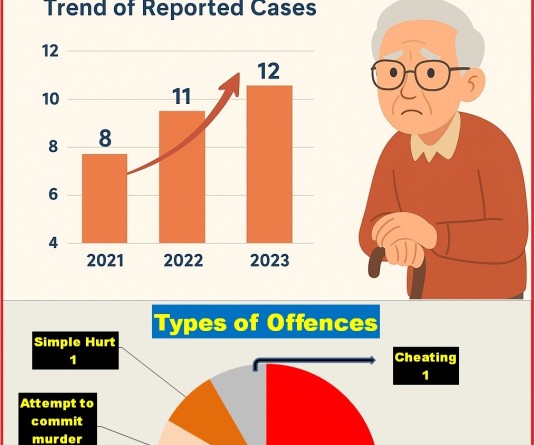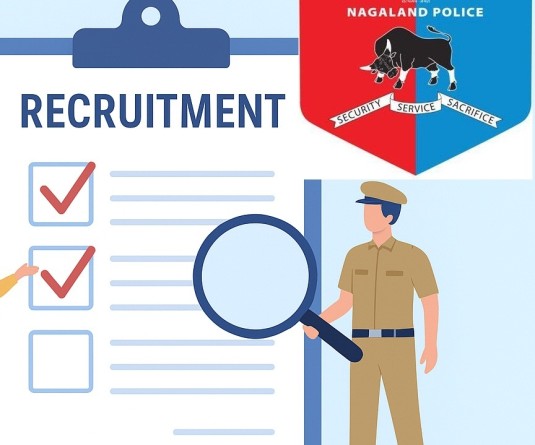Dimapur District National Vector Borne Diseases Control Programme held a district emergency meeting in response to the ‘rise in dengue cases in the district’ at Chief Medical Officer’s Office Conference Hall on November 23.

Dimapur, November 23 (MExN): In response to the “rise in dengue cases in the district,” the Dimapur District National Vector Borne Diseases Control Programme (NVBDCP) held the district emergency meeting at Chief Medical Officer’s Office Conference Hall on November 23.
According to an advisory issued by the National Vector Borne Disease Control Programme (NVBDCP) on November 6 with regard to safe practices on prevention and control of the disease, at least four cases of dengue have surfaced in Dimapur in November—one each from Indisen, Signal Basti, 4th mile Diphupar A and Lhomithi colony.
An update on the emergency meeting received here stated that Kikolul Khieya, Assistant Director, Urban Vector-borne Disease Scheme (UVBDS) highlighted about the dengue positive cases in the district and the various measures being undertaken to prevent and control further spread of dengue. Activities such as Entomological studies, fogging, fever survey, medical camp, larvicidal operations, awareness programmes, etc are being carried out.
He stressed on the importance of source reduction to control transmission and spread of dengue in the district which can be achieved only with the participation of the general public. “Every colony should conduct cleanliness drive regularly; ensure that all residents empty out any containers or objects that collect stagnant water within their respective compound/neighbourhood to control/eliminate dengue breeding grounds,” it stated.
Imsubenla, Public Health Consultant presented a detail review of the performance of MTS (Malaria Technical Supervisor). She shared her general observation feedback on the reports and performances of the MTS and gave her suggestions to improve the reporting and the performance of the MTS.
Dr Neisakho Kere, Joint Director & State Programme Officer (NVBDCP) stressed on the importance of taking detailed case investigation of a vector borne diseases (dengue, malaria, etc) patient and understanding the origin of the vector borne diseases transmission as it is very crucial in controlling further spread of the diseases.
Dr Kere suggested that the district should conduct mass blood slides collection to detect even the asymptomatic cases. He also reoriented on the roles and responsibilities of the staff. He stated if all concerned staff continues to work with sincerity, and with the support and participation of the community in NVBDCP activities, vector-borne diseases can be eliminated from the state.
The programme was chaired by Dr Kavito Zhimomi, DVBO Dimapur while Peter Sangtam, DVBDC presented the overall performance of the district NVBDCP. Other officials present includes Zonal Entomologist, NVBDCP, State Consultant (Entomology), Senior Malaria Inspector, Surveillance Inspector, Epidemologist (IDSP), Store Keeper, and District MTS.






